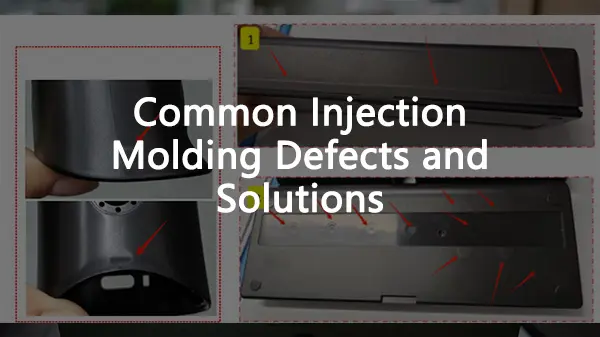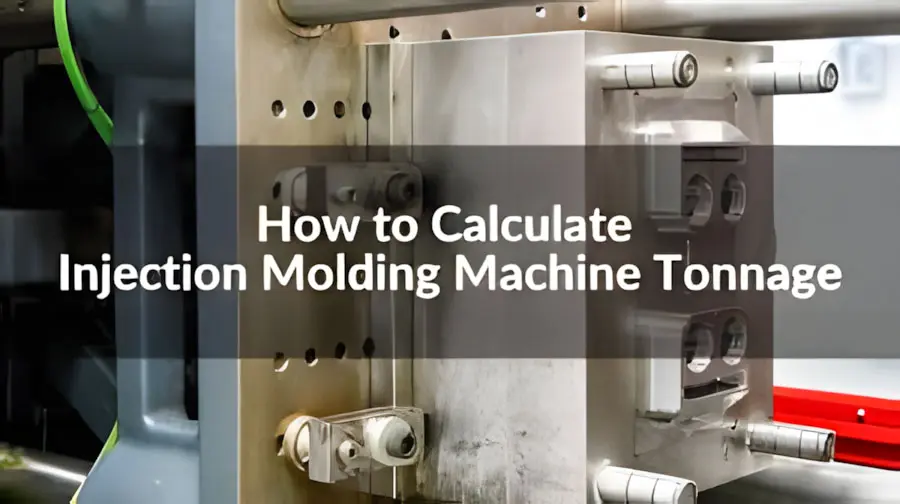As we all know, Every day around the world in hospitals and clinics, research laboratories, and universities, numerous plastic products are used for medical parts, appliances, and support equipment. The variety of applications is almost limitless.
This is due to the fact that plastic injection molding is perfect for making high volumes of identical, close-Molten thermoplastic or thermoforming resin forced into a mold cavity under pressure.“>injection molding goes back almost 100 years. That means the process has been continuously refined and improved to the point where it’s very stable and reliable. There is advanced modeling software available that takes much of the guesswork out of tool design. And, with modern digital controls on plastic injection molding machines, the process parameters can be quickly tuned for optimal performance and to reduce production lead time to a minimum.
2. Mass Production
All injection molding projects first start with a molding tool and die. To make a complex shape might require making an equally complex mold tool, so there is an initial product development investment that needs to be considered before a single part is made.
But once the tool is approved it’s possible to make hundreds of thousands of duplicated parts in plastic very quickly and economically. In fact, larger volumes tend to recoup the tooling costs over time because of lower price-per-part. This is perfect for rather generic items like containers, tubes, or disposable single-use products like syringes.
3. Solution For Low Volumes
Injection molding is especially useful when making cases and enclosures. It’s technically possible to use some other process to make a box, such as CNC machining or vacuum casting, and sometimes there are good reasons for doing so. But those other methods would be much slower, consume more raw material, and would be prohibitively expensive. That is why this would make sense only for low-volume or custom jobs when you don’t want to invest in a tool.
4. Materials Versatility
There are thousands of plastic resins to choose from that are easily available on the commercial market. And luckily many of these resins are suitable for medical applications. These resins have mechanical and chemical properties which are well understood so it’s easy to choose the one that’s most appropriate for its end use and environment. There are resins that are heat stable, chemically resistant, strong, lightweight, biodegradable, and biocompatible. Plastic is increasingly popular when used for prosthetics, replacement joints, or other products that will be in permanent contact with the body.
Want to learn more?
RJC is fully certified to the quality management system of ISO 13485 for medical devices. When you’re ready to start your next medical product, contact us for a free design for manufacturing review and quotation. We can ensure you use the right material and the right process that best suits your application.





